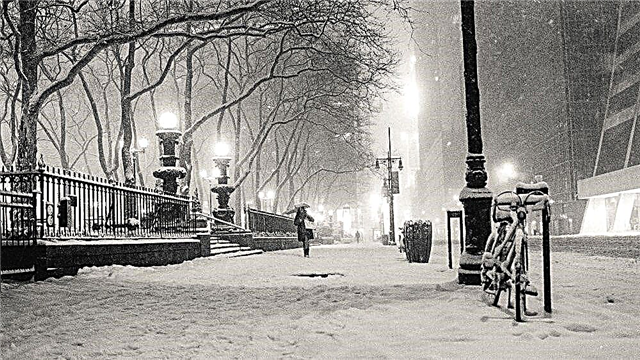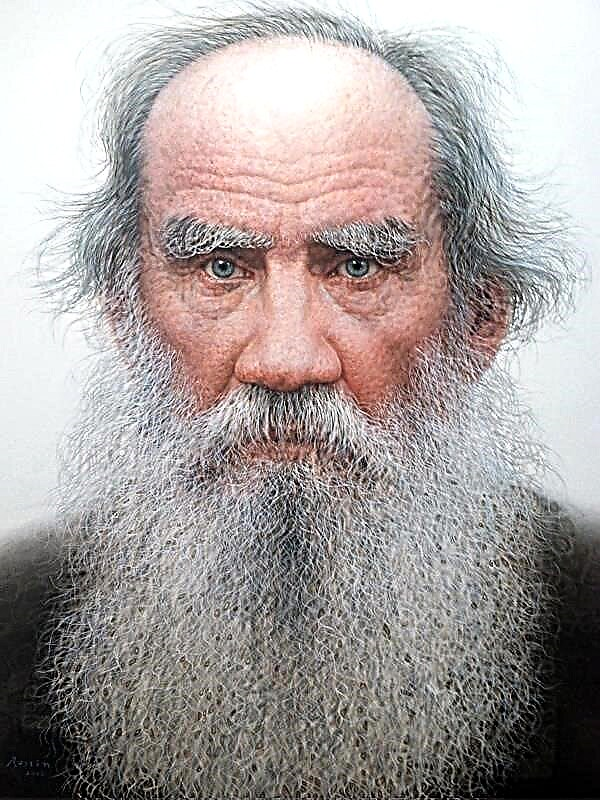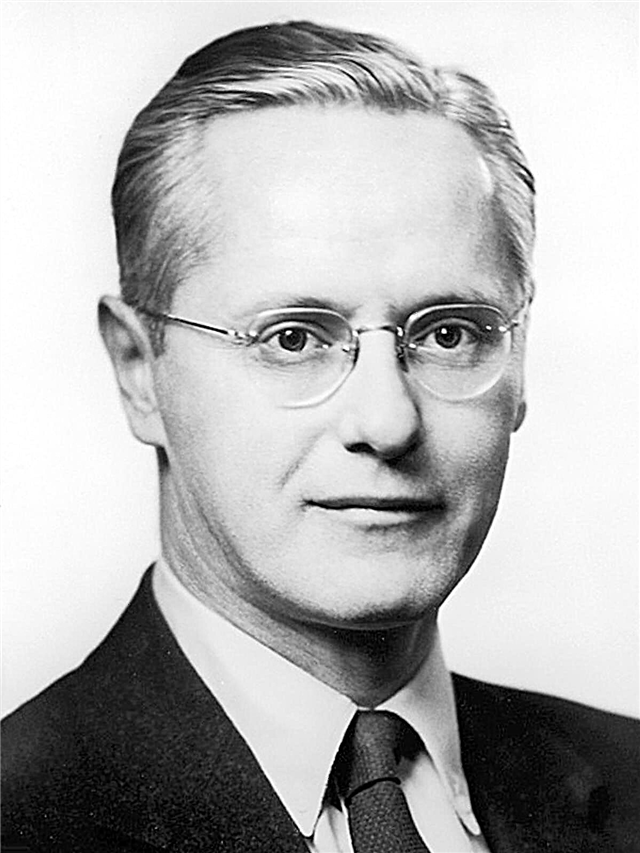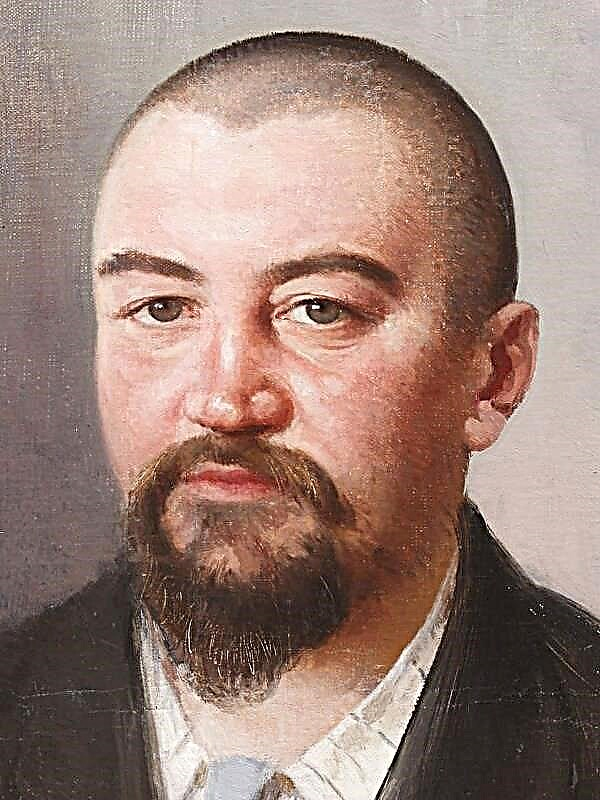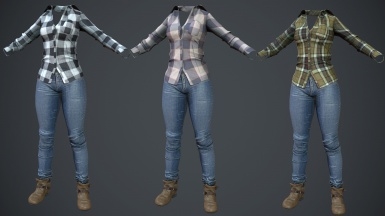The factory stands apart from all the poems of Alexander Blok. It does not look like the poet’s favorite sublime lyrics. The poem is more like a short film about the hard work of the oppressed layers of society.
History of creation
The poem was written in 1903, during the early work of Alexander Alexandrovich Blok. Thoughts of revolution were already in the air. The author, like many representatives of the intelligentsia, dreamed of impending changes.
And two years before the October Revolution, he wrote the poem Factory, which he included in the cycle Crossroads. The work became a kind of cry for the poet’s young soul. Block wanted them to open the eyes of the public to the plight of the ordinary working class.
Genre, direction and size
The "factory" in the genre is close to elegy. The author expresses his dissatisfaction with the acute social problem, it is this fact that allows us to call the poem elegiac. Four-legged iambic allows you to create the necessary rhythm. Cross rhyme.
Without a doubt, the direction of the poem is symbolism. Gloom, a symbolic clash of the “terrible world” and the human soul, images-symbols - all these are components of this literary movement.
Images and Symbols
The main symbols of the poem are colors, namely: a combination of yellow, black and copper colors (“windows are yellow” and “black someone”, “copper voice”). Yellow, as a symbol of deception, indicates that the poor gullible people bend their backs at the laughter of "black" oppressors. In addition, black is the color of sorrow. Mourners are deceived here. It is also worth noting that the yellow at the Block is also a symbol of the enrichment of the capitalists, their vulgarity. Copper color in the context of the poem means fear, because "the copper voice oppresses the tormented backs."
The lyrical hero stands above the situation and is the storyteller. He divides his story into two parts: a description of the world of oppressed workers and the world of capitalists behind the "yellow" windows.
Themes and mood
The main theme of the “Factory” is the social stratification of capitalists and the working class. The description of the life of ordinary workers leads to a household theme: the life of a simple people is full of squalor and naked poverty, but the rich live idle and satisfying, their luxury is useless and deliberately tactless next to those who give the best years of life for a piece of bread. We also see in the work the problem of social inequality, the division of the world into poor and rich, masters and slaves. Sooner or later, in this reality, a decisive conflict will inevitably come, an acute bloody drama, the nerve of which is already felt today.
The poem has a harsh style. Gloomy paintings, colors and a march-like rhythm create a pessimistic mood. The impression of isolation and loss haunts the reader to the last word.
Main idea
Injustice affects the heart of one who wants to eradicate it. Alexander Aleksandrovich Blok was just that person who was worried about any social problems: “One thing only makes a person a person: knowledge about social inequality”. In this passionate appeal to open the eyelids to the knowledge of genuine life, the meaning of the poem can be seen.
The factory, according to the author, produces not only brick and other material, it stamps injustice, deceit, pain and oppression. However, it is worth noting that the lyrical hero stands apart from everything: "I hear everything from my top." He cannot “approach the gate” and stop this infernal mechanism of falsehood. This is the main idea: awareness of the problem by one person will not eradicate it. Everyone should understand this, even "someone is black, laughing in the yellow windows."
Means of artistic expression
The poem is not replete with means of artistic expression. But nevertheless, Alexander Alexandrovich, thanks to several epithets (thoughtful bolts, a copper voice, exhausted backs), describes in detail the excessive work of the people.
You can also consider a metaphor (black someone). It is thanks to this hidden comparison that the reader represents the real oppressor of the working masses.


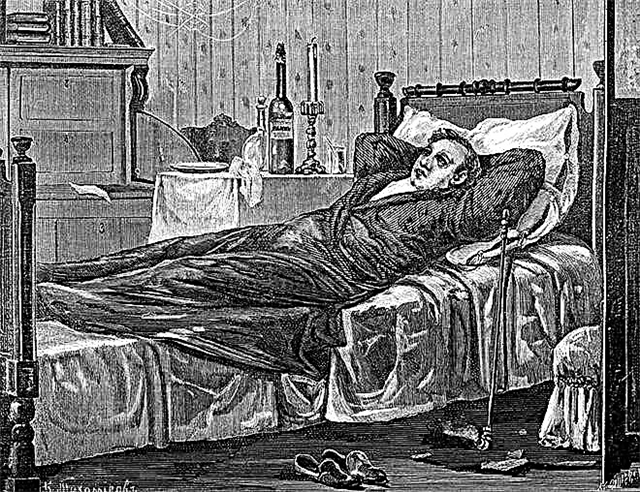
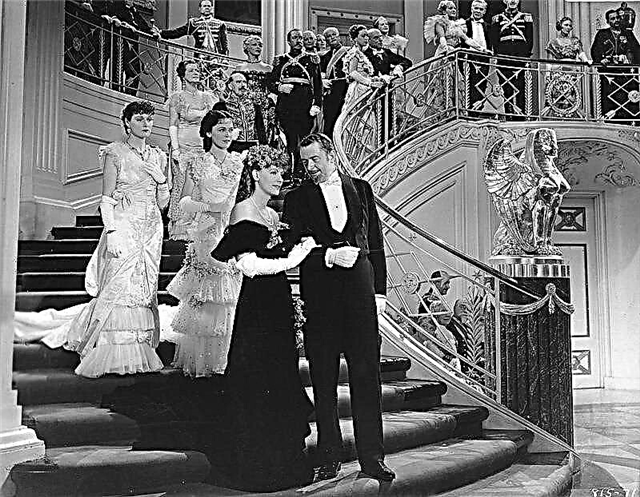
 Menehms
Menehms